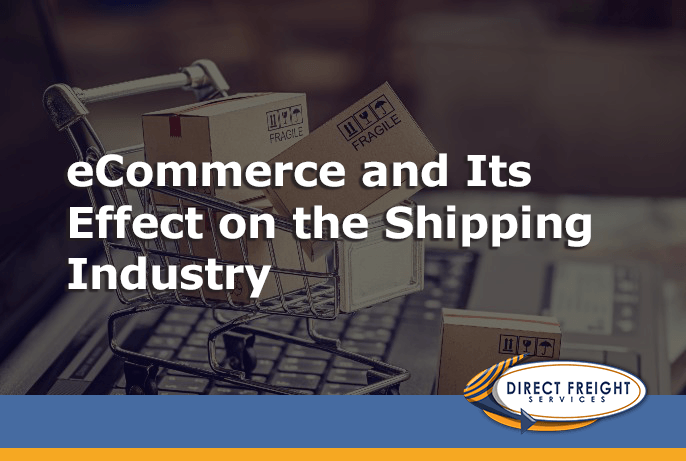Cybersecurity is vital to protect any business in today’s connected world and global economy. We assume that hackers will attack banks, government agencies, and companies with databases of customers’ personal and credit card information. However, one of the most common targets currently may come as a surprise―trucking companies, commonly attacked with ransomware.
Why target trucking companies? Unlike those obvious targets of banks and retail, trucking companies often haven’t beefed up their cybersecurity. According to Forbes, the transportation industry ranked #5 of industries at risk of a cyber-attack.
Many attacks don’t originate in the U.S. so it makes them difficult to track.
Ransomware
Ransomware is malware (malicious software) that attacks a business’ computer systems and holds their data hostage, asking for money in exchange for your own data. There are several types of ransomware:
- Crypto malware―spreads throughout a network and can attack thousands of computers.
- Lockers―completely lock the user out of a computer’s operating system until a ransom is paid.
- Scareware―malware disguised as an antivirus or system-cleaning tool. It tricks the user into thinking they’re removing malware from their computer when in reality, they’re installing it.
- Doxware―Malware that threatens to publish your sensitive information if you don’t pay the ransom and then restores your data when it is.
- RaaS―Ransomware as a Service is when a hacker installs the ransomware, collects the ransom, and then will restore your data. They do it all.
In June 2019, LTL trucking leader A. Duie Pyle was hit by a ransomware attack that disrupted their communications and shut down their website. Chubb Financial Lines and Cosco Shipping have also been attacked in recent years. Ransomware criminals don’t just go after big trucking companies, however. They’ve been hitting smaller companies and can peek into your finances to determine how much you can afford to pay so the amount they ask for isn’t out of your reach.
Prevention
With diligence, ransomware can be prevented or its effects lessened if it does happen to you.
Use trusted security
Whether you have an IT department or you do it all yourself, make sure that you’re using a trusted security suite to protect your systems.
Keep your software up-to-date
Software companies are constantly improving the security of their products to better fight off cyber attackers.
Scrutinize your emails
Cybercriminals often try to trick you into thinking an email is from a legitimate source like Apple or Amazon claiming to be charging your account. If you’re unsure, contact the company directly, not through a link in the email. And never open attachments unless you are certain they’re from a trusted source.
Don’t enable macros to view the contents of an email
This is a common way for malware to get in.
Use the cloud
If your system becomes infected, you can usually access earlier versions of your files from the cloud.
Back up often
Backing up your files on an external hard drive will mean if there’s an attack, the cybercriminals will have no leverage. You can simply copy your files from your external hard drive.
Have a security assessment
Annually assess your computer systems including tests to reveal where they may have vulnerabilities.
Make sure everyone’s trained
All staff must go through yearly cybersecurity training. Ransomware often gets in through email attachments or when employees inadvertently visit a malicious website. Make sure everyone knows what should and shouldn’t be accessed.
Don’t pay the ransom
It may not be over if you do. They may ask for more money or never release your files. Often, companies who pay the ransom either don’t get their data back or they get it back partially or corrupted. And because the cybercriminals were successful, they’ll continue the cycle by finding a new victim.
Direct Freight Services is a full-service subscription load board that helps drivers and carriers find loads. With helpful features like the app, load searching, truck posting, credit reports and scores, load filtering, turn-by-turn routing, and text alerts, Direct Freight is the only load board you’ll ever need. Go to DirectFreight.com and try it out today!
Sources:
https://us.norton.com/internetsecurity-malware-ransomware-5-dos-and-donts.html
https://www.ttnews.com/articles/trucking-industry-has-become-top-target-ransomware-attacks





